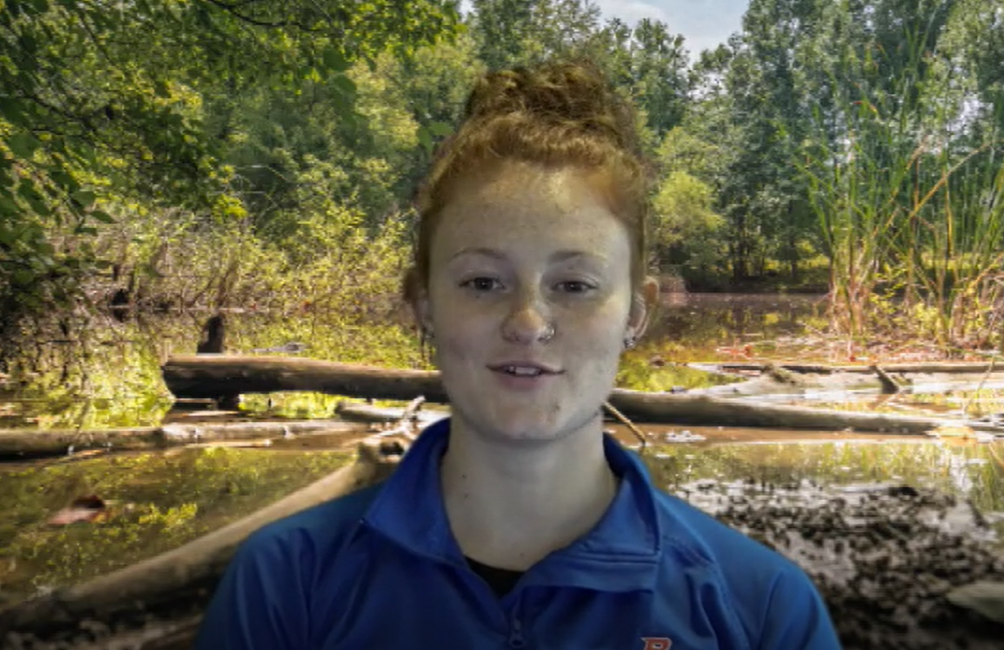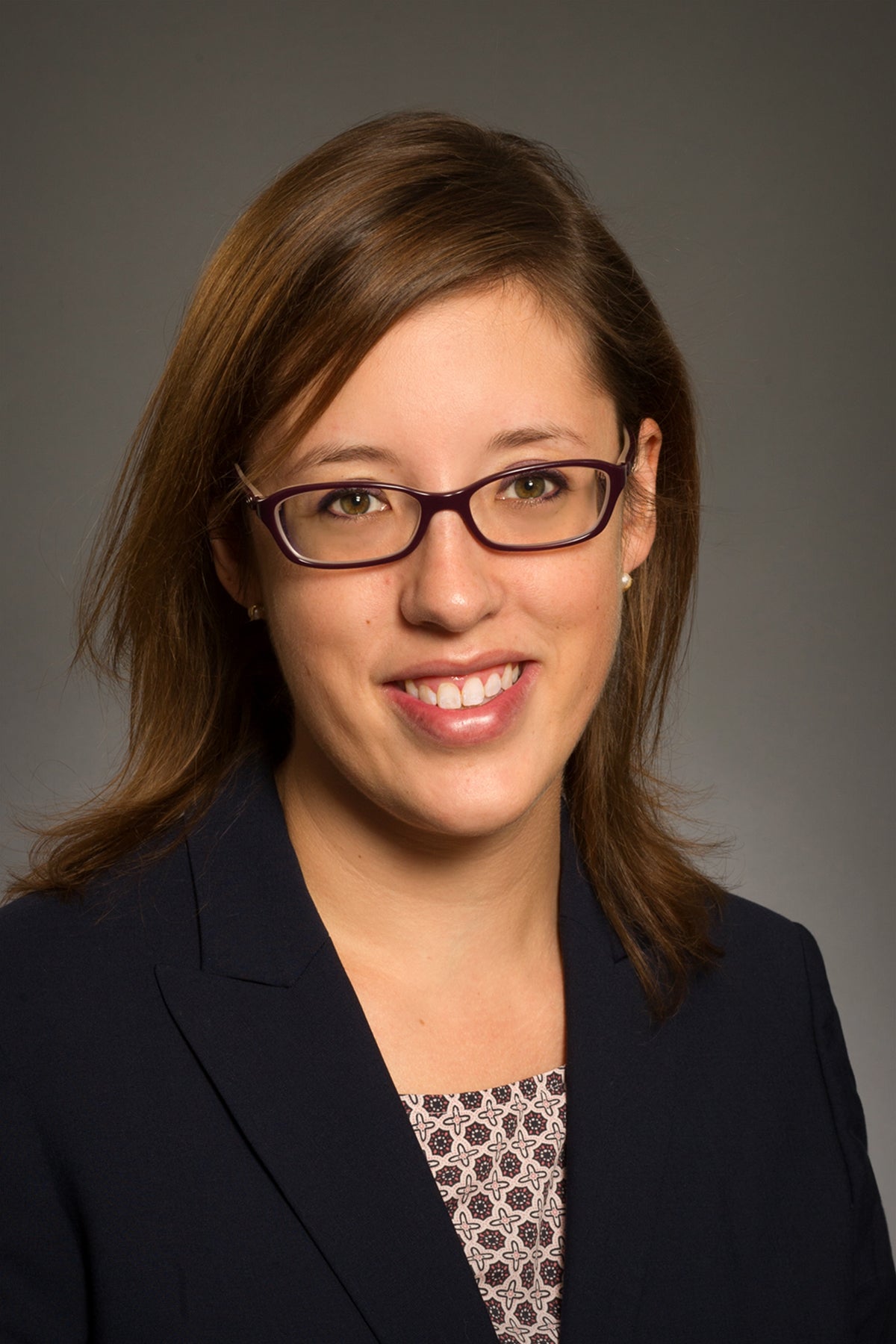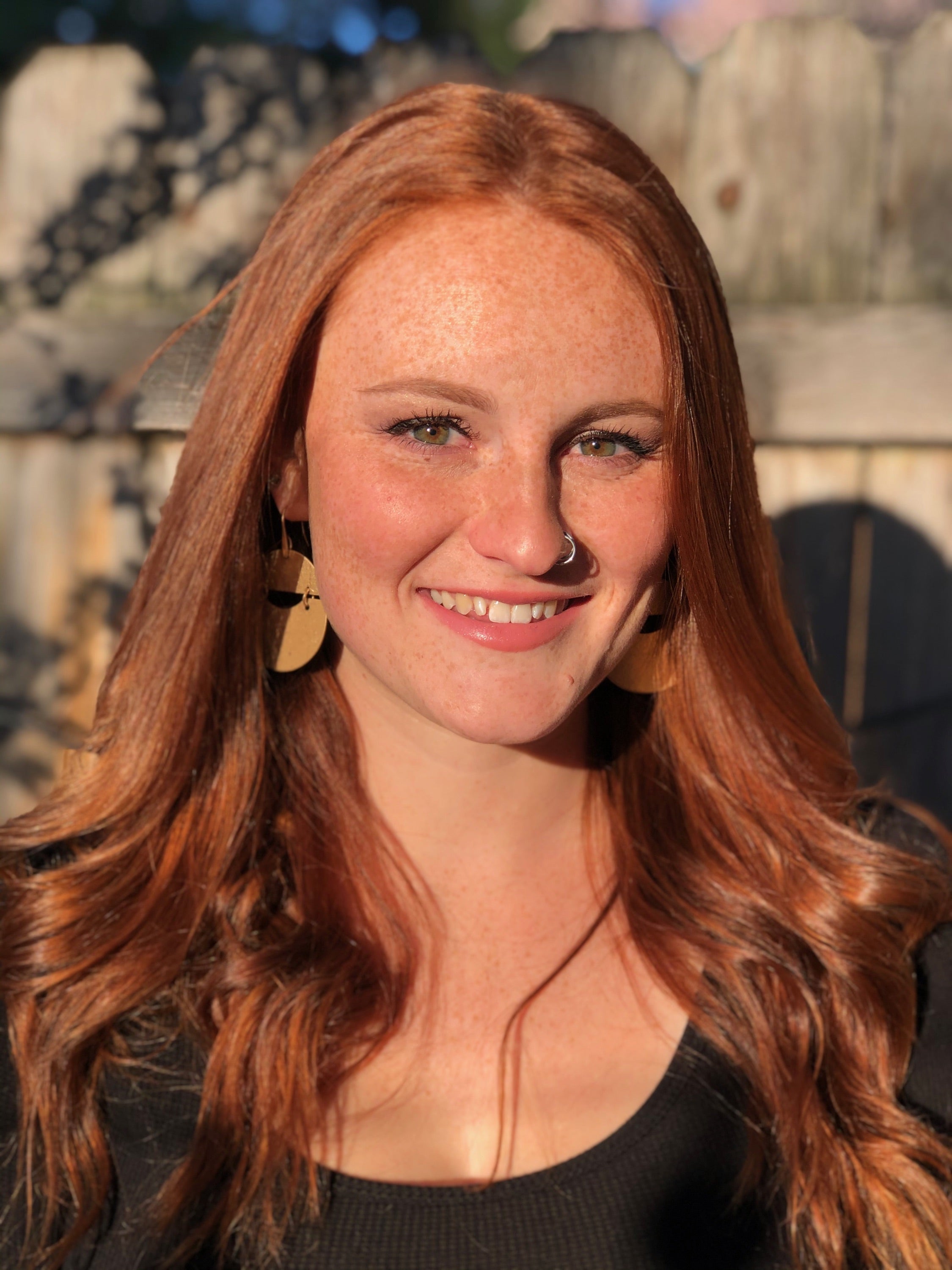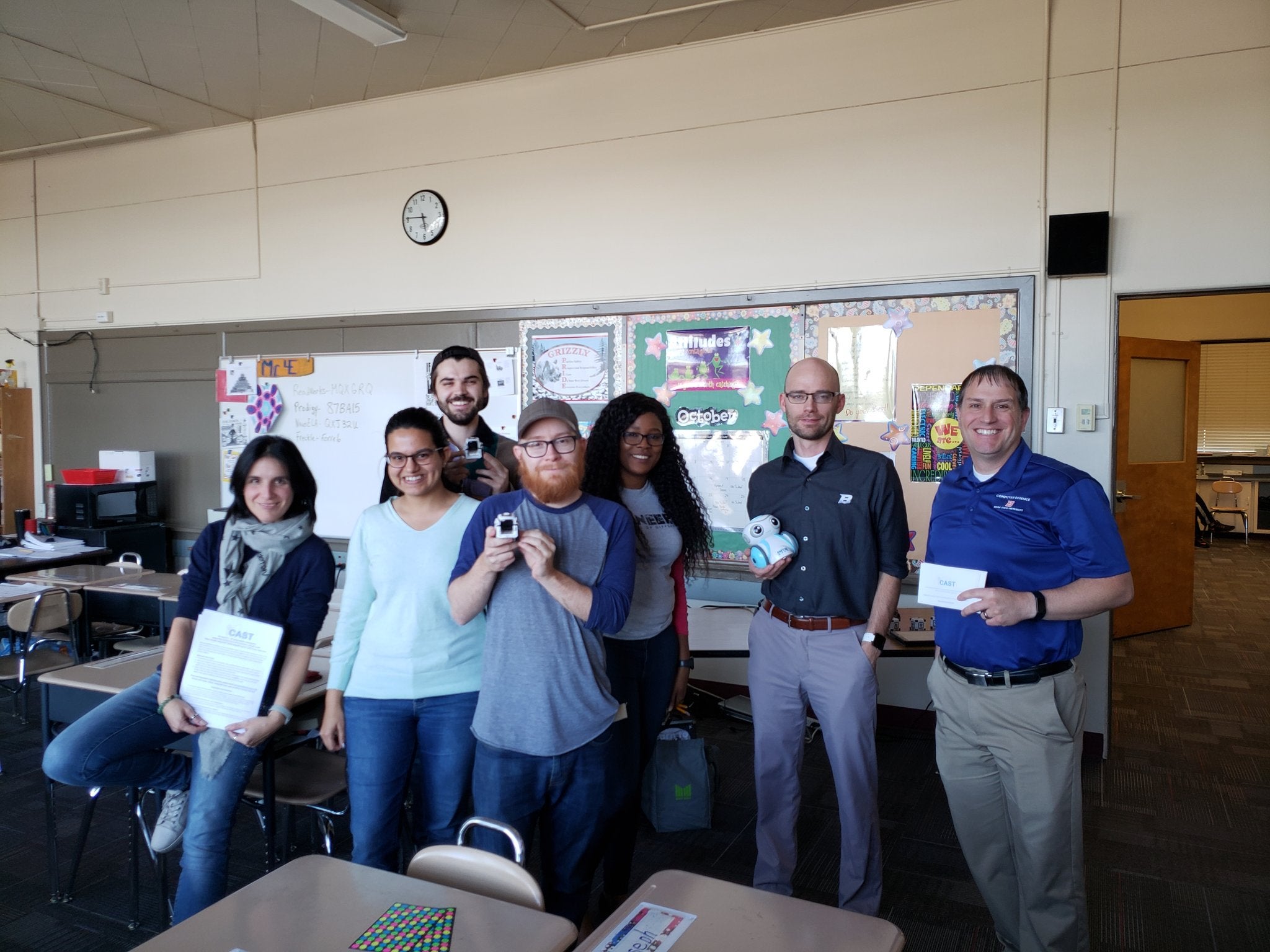
As classrooms around the country transitioned to remote learning in March, ideas for how to support teachers and students began brewing among Boise State faculty and students across campus.
“The teachers I was speaking with at the time were just barely surviving and they did not have the cognitive energy to be innovative,” said Katherine Wright, an assistant professor in the Department of Literacy, Language and Culture.

Wright reached out to faculty and students in the Department of Computer Science, and a common goal was formed: provide children with a resource that better enables them to search and locate information online. Using the Child Adaptive Search Tool (CAST) – a search interface developed by Wright and other Boise State researchers through a National Science Foundation grant in 2018 – the team embarked on designing virtual lesson plans for elementary students that require little to no training or support from a parent or teacher. The interface was developed prior to the pandemic to meet the needs and skills of children 6 to 11 years old – just in time for this year’s disruption in the traditional education environment.
While Jerry Fails, an associate professor in the Department of Computer Science, collaborated with his students to enhance CAST’s programming, user experience and algorithms, Boise State student Teagan Mackey wrote a series of virtual lessons on science and social studies topics tailored for grades 1-5.

Mackey is a mathematics major with a secondary education emphasis and a physics teaching minor, and her passion for this project is rooted in creating equal opportunity for educational resources.
“CAST helps to level that playing field, and simply help students access information on their own and in a way that they can understand. Creating a resource that alleviates stress on parents and teachers is all I could ask for. I’d love for students to feel like they have some agency right now, too, because so much of their life is changing. This one thing can give them some independence and control,” she said.
The search tool is equipped with a spell checker designed by Brody Downs, a graduate of the Master’s of Computer Science program at Boise State. Not only does the algorithm correct common spelling mistakes, but the interface helps students find and locate the right word.
“These small changes really empower children to engage with and use technology,” Wright added.
Downs said that although there’s an increase in the use of technology by children, much of the research and technology is done without children in mind. With CAST, the university is providing child-friendly technology and pushing the research that considers child audiences in related fields.
“It’s definitely been valuable to get experience with the development and research involved with a search tool,” said Downs. “Search engines like Bing and Google represent some of the biggest tech industries out there. Creating something for a child audience, rather than a general audience, has been a fun and challenging experience.”

Garrett Allen, a first-year student in the Master’s of Computer Science program, also is offering his talents to further the project. The interdisciplinary aspect of the project allows him and the other team members to become critical problem solvers, considering different ideas and points of view.
“My biggest takeaway so far has been the value of perspective. Working on a team that looks at the same problem from unique lenses greatly serves to strengthen what we build because any problems or solutions are considered from as many points of view as possible. Being able to work on a team of people that all think differently from yourself is an invaluable skill,” Allen said.
Although the team’s work is far from done, Boise State’s CAST project undoubtedly will lead to future leaders and innovators in education, technology and academics.
“This project has definitely changed my view on what I think is essential to teach and do in the classroom,” said Mackey. “If we focus on the essentials a little more, we will be happier, healthier and retain new information better. I think that is something that is going to play a big part on how I structure my classroom and teaching philosophy in the future.”
To learn more about CAST and access the virtual lessons, check out the website here.